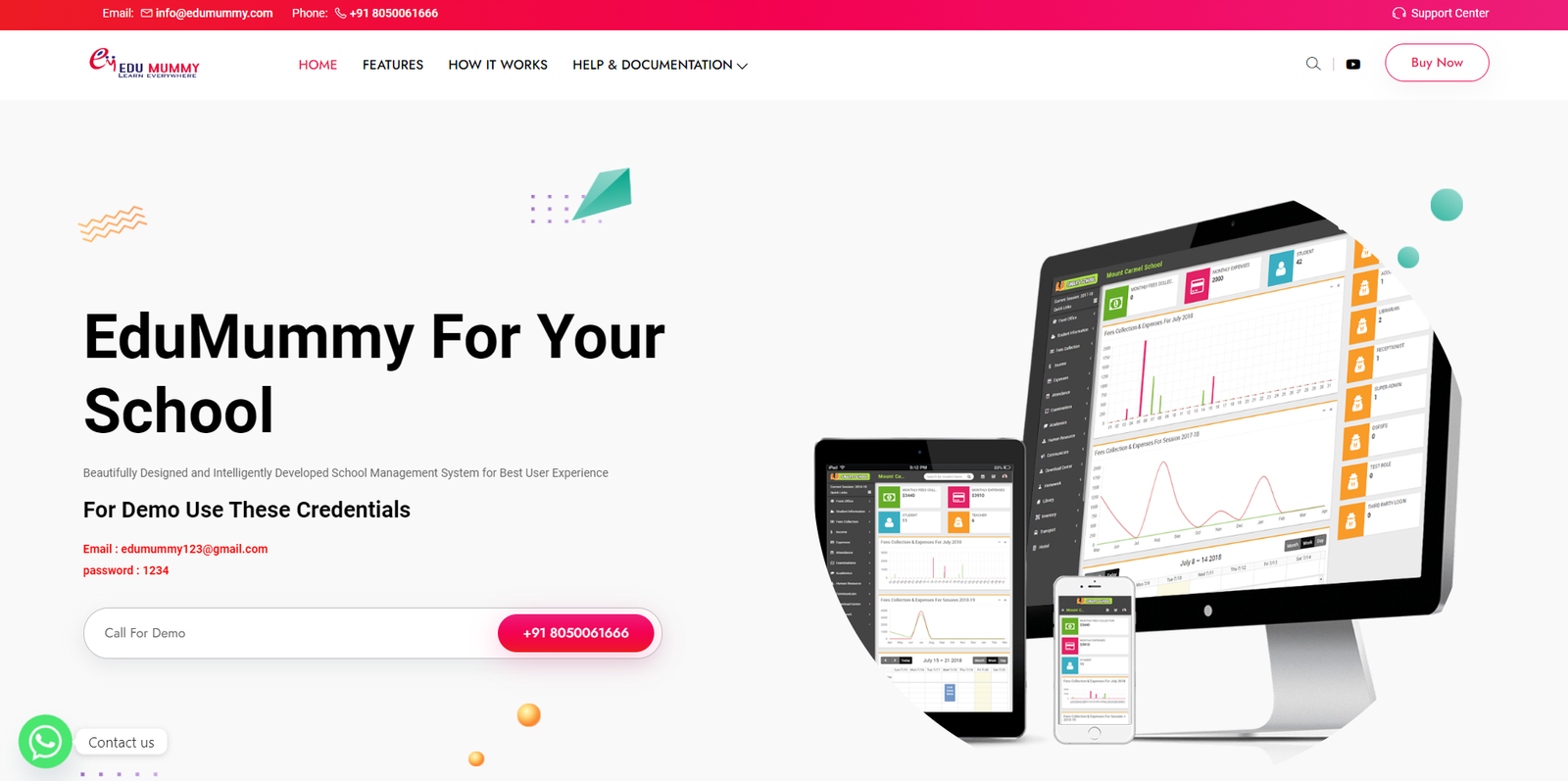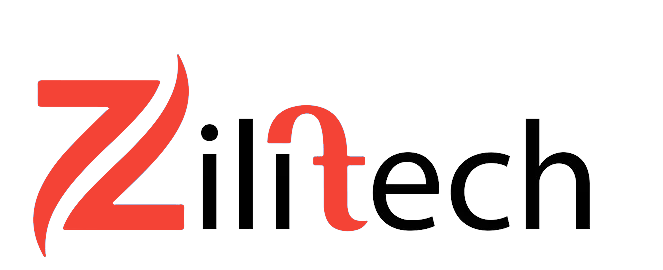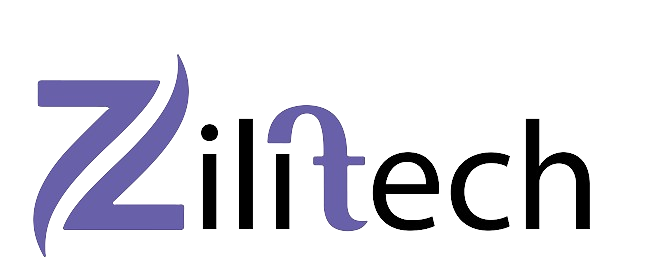
School and college management software has revolutionized the way educational institutions operate, manage, and communicate. From administrative tasks to academic management, these software solutions streamline various processes, enhancing efficiency and productivity. Here’s a breakdown of the key features and benefits:
- Administrative Management: School management software automates administrative tasks such as admissions, registration, attendance tracking, fee management, and timetable scheduling. This reduces paperwork, eliminates manual errors, and saves time for administrative staff.
- Academic Management: It facilitates academic planning, curriculum management, grading, and exam management. Teachers can easily create lesson plans, upload assignments, and track student progress. Additionally, it allows for the generation of comprehensive academic reports for students and parents.
- Communication Tools: These software platforms provide communication tools such as messaging systems, email integration, and notifications to foster seamless communication between administrators, teachers, students, and parents. This improves transparency and keeps stakeholders informed about important events, deadlines, and announcements.
- Student Information System (SIS): SIS modules centralize student data, including personal information, academic records, attendance history, and disciplinary records. This ensures easy access to student information for administrative purposes and enables personalized support for students based on their academic performance and behavior.
- Parent Portal: Many school management software solutions offer parent portals where parents can access their child’s academic performance, attendance records, assignments, and school announcements. This promotes parental involvement in their child’s education and allows for better collaboration between parents and teachers.
- Financial Management: These systems help manage financial aspects such as fee collection, invoicing, budgeting, and payroll processing. They provide financial reports and analytics to aid in budget planning and decision-making.
- Integration and Customization: School management software can often integrate with other educational tools and platforms such as learning management systems (LMS), library management systems, and accounting software. Additionally, they are customizable to meet the specific needs and workflows of different educational institutions.
- Security and Data Privacy: With sensitive student and staff data being stored within these systems, security is paramount. School management software employs robust security measures to protect data against unauthorized access, breaches, and cyber threats. Compliance with data privacy regulations such as GDPR and FERPA is also ensured.
- Remote Learning Support: Especially in the wake of events like the COVID-19 pandemic, school management software has adapted to support remote learning by offering features such as virtual classrooms, online assignment submission, and video conferencing tools.
In essence, school and college management software serves as a comprehensive solution to streamline administrative tasks, enhance academic management, improve communication, and support the overall efficiency and effectiveness of educational institutions.


